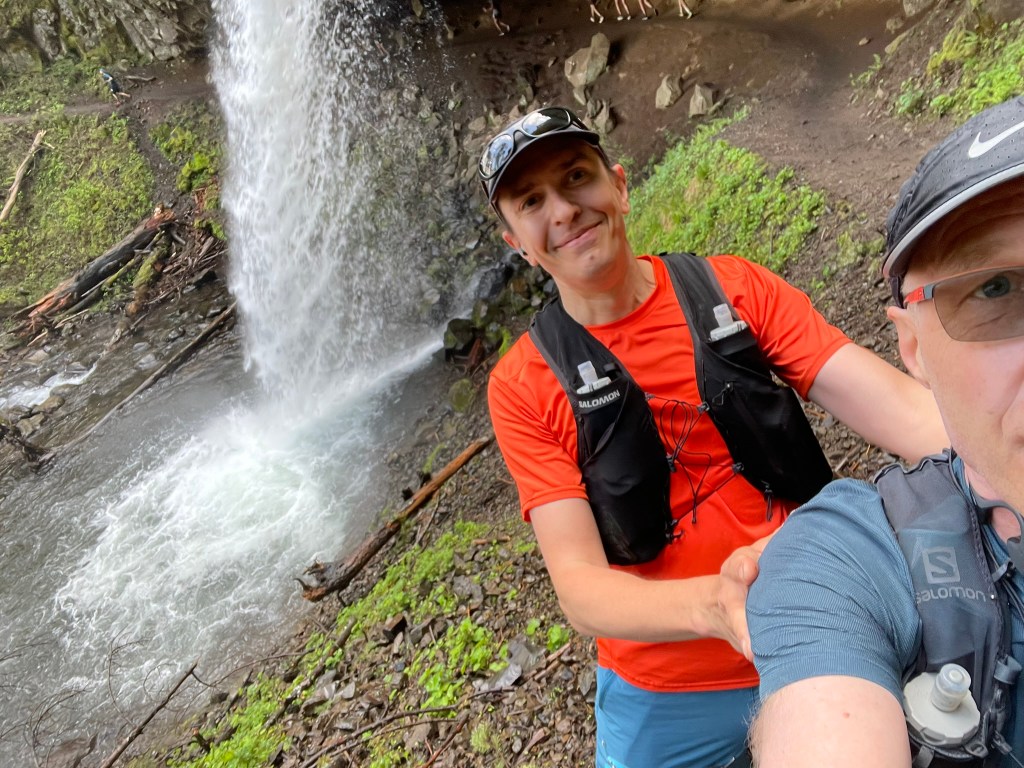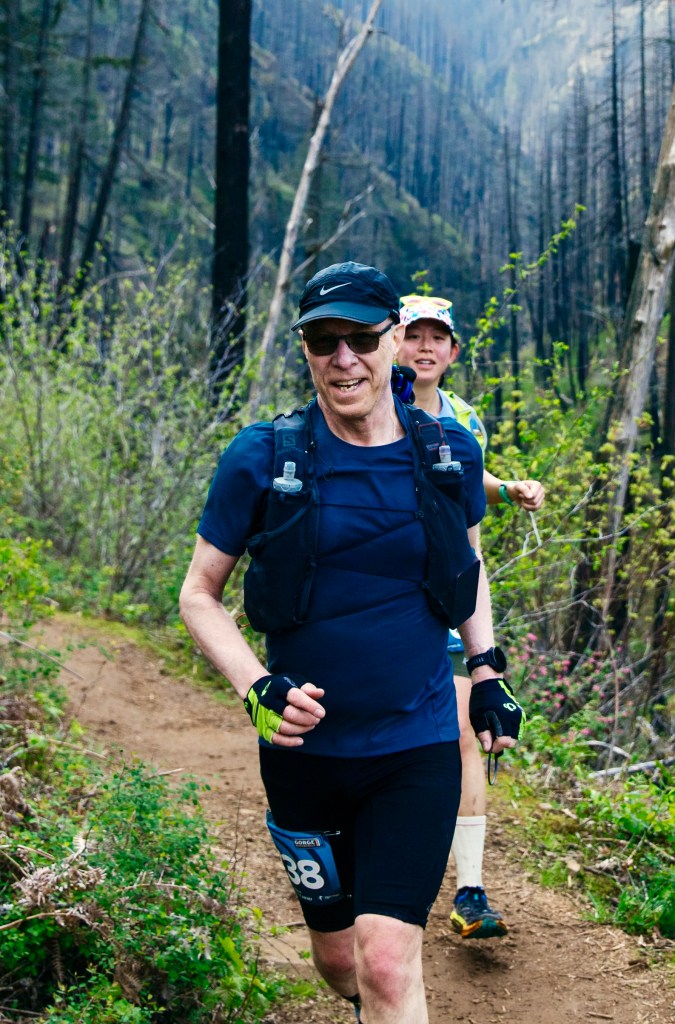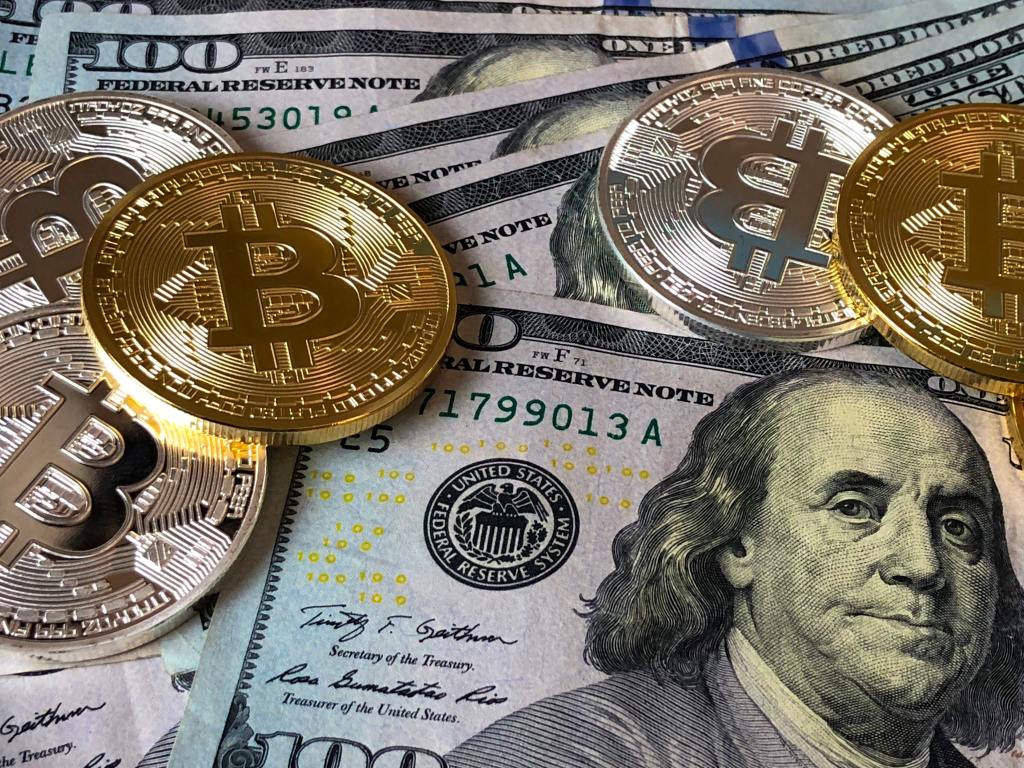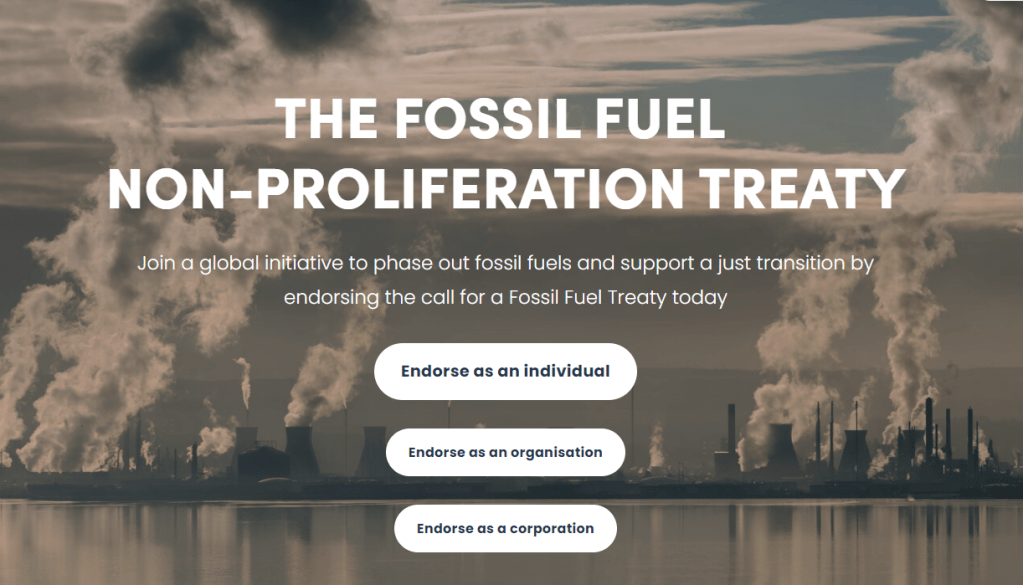My recent experience with 50Ks has not been the best. Back in December I had to drop out of Deception Pass 50K because I couldn’t stop shaking at the 21 mile aid station due to the freezing, bone-soaking rain and temperature. And then there was my A race, the Scicchetrail 47K, on March 20, in the amazingly beautiful Cinque Terre.
Sciacchetrail, I’m sorry
After training for many months with a lot of intense hill workouts, my dream of finishing the tough Sciacchetrail 47K in the beautiful Cinque Terre in Italy was quickly evaporating after just a few steep hills. I just couldn’t get enough oxygen; it was as if the race was suddenly at 8,000 feet, when in reality at the steepest peak, it was never more than about 2,200 feet above sea level. Was it the jet lag or the fact that I got virtually no sleep the night before the race?
For most races I enter, I am a middle-of-the-packer, not a DFL participant, but here I was the last runner in the whole race and three sweeps with SCUPO on their bibs were right behind me and watching my every move, which was pretty easy since I was going at a snail’s pace. One of the sweeps told me I was not going to make the first cutoff at mile 15 and strongly encouraged me to drop out at the mile 10 aid station, so I did.
By the way, at the time, I thought “scupo” must translate to “sweep”. I mean, it starts with an “s” and sounds like a scooping, sweeping motion. Wrong! As I later learned when using Google Translate, scupo, in Italian, means “I’m sorry”. Okay, that is even better than sweep!
Diagnosis at Cougar Mountain
A week prior to the Gorge Waterfalls 50K, I was running at Cougar Mountain and ended up running mostly with a doctor, an anesthesiologist ultrarunner named Chris and his golden retriever. What was most interesting is when I told him what had happened at Sciacchetrail (the 50K I ran on March 20 and had to drop out of because I couldn’t get enough air; it felt like someone was sitting on my chest as I tried to ascend the first few steep hills), he told me it sounded like I had experienced an esophageal spasm. Immediately, I agreed with him and wondered why I had not realized that already.
I have had ES episodes before — last one was in January — but for some reason, did not connect the dots. That is what prevented me from completing that race. I think I have had 3 prior spasm events and everyone of them previously landed me in the emergency room. In fact, the first one had me stay overnight. Each episode, anything cardiac was ruled out but nonetheless, it feels like a heart attack (i.e., intense chest/throat pressure). So, the fact that I had to drop out of a race because I was having an esophageal spasm, makes sense. (When it happened, I had attributed it all to jet lag and lack of sleep.) The underlying cause is gastric reflux, which I have had for 15+ years, but no one knows what exactly triggers the spasm. I have never had an episode due to exercise before, however, so this was a new one, but since ES can be triggered in part by stress, it’s kind of no surprise with the jet lag, lack of sleep, etc.
So while it gave me more clarity on what the heck happened in the Cinque Terre, it also made me more nervous that it could happen again.
Race Time
So my goal was to stay calm and relaxed and not worry too much and to get a good night’s sleep the night before the race. Amazingly, I slept well the night before, getting a good 7 hours of sleep. So far, so good.
The Gorge Waterfalls 50K race started about 15 minutes late but otherwise was fine; I was in wave 3 of 4 waves. The beginning climb was not bad at all, especially since there was no time for people to spread out before the climb started. I had my poles out but put them away cause it was too crowded and the first half mile or so was on asphalt anyway. (The poles did come in handy later at a few wet spots including a stream crossing and some hill climbs so I was happy I had them.) It was a traffic jam all the way to the top which did a good job slowing everything down and forcing me not to push too hard. Plus it was muddy in a few places. And the rocks were on the vast majority of the course from start to finish.

Towards the top, I started passing especially slow runners and that continued on the top and the downhill, easily passing 20 or so people but not taking it too fast. I ran through the first aid station at Ainsworth (mile 7.8) and then we were dumped out on about 2.5 miles of country road which were fine. After the road, there was more of the rocky trail. I was starting to get a bit tired.
At the second aid station at mile 15 at Wahclella, I was feeling at a low energy point. So I ate some chips and drank some soda and after about 5 minutes, left the aid station. The next 5 miles had a 600 ft climb to the 3rd aid station (pole time), Cascade Locks and mile 20.6. Was hanging in there, but obviously very tired. At this point, I texted my wife, Suzanna, “About 10 miles to go. Slow but sure.” I knew I would finish, which brought me a bit of joy, even through the suffering. And I put the poles away for good.
The people running the Cascade Locks all wore these black suits and looked like movie stars or celebrities of some type. This one guy who for a second reminded me of Meb Keflezighi — hey I was tired — asked me what I needed. I asked him his name — sorry I forgot it now — and he share it. Okay, it’s not Meb I thought to myself. I told him he looked so sharp and asked him “Are you the mayor of the town?” He answered “I am the mayor of the aid station” and I laughed.
Lots more rocky trail and climbing. A lot of sections were hard to run because of the rocks. In fact for the race as a whole, I thought the rocks were more significant in making it technically hard to run; more so than the 6,000 feet of elevation gain, which wasn’t exactly a picnic. Finally got to the turn-around (yay!) around mile 24-25 and then headed back.
At around mile 26 I started to feel light headed and sat down on a log, lowering my head. Was the race unravelling now? I started to doubt my ability to finish. This nice runner who I had seen many times, Geoff, caught up and asked me if I was okay. I shared that I was a bit dizzy. He offered me a GU electrolytes tablet to mix with water, which I took and either the few minutes resting or his encouragement or the electrolytes or some combo revived me. We started walking and then after a few minutes, I said to him “Can we start running again”. He says “Oh, I was walking for your benefit”. So we started running and I ran/walked with Geoff and another guy Matt into the aid station, Cascade Locks (second time) at mile 28/29.
After checking in with the mayor and refueling a bit, the three of us set out. It was about 3.2 miles to the finish and, at that point, I was very determined to get this thing done!
So we set out together and I was in the lead. After about 3/4 of a mile I turned around and Geoff and Matt were gone. Shortly thereafter, I came to the road with 1.5 miles left and I decided I would run the rest of the way and felt a surge in adrenaline and determination.
I started running faster and quickly overtook a woman who had passed me about a mile back. I ran about 90% of the remaining course except for some brief short walks on some uphills.
With about a half mile left, we came to the town of Cascade Locks and the course changed to sidewalk. Up ahead I saw a friend from Seattle, Chuck, who had passed me last at about mile 22. We had leap frogged each other several times during the day. I started pushing it hard, overtaking Chuck and encouraging him to come along. I gritted my teeth as we entered the park and started sprinting to the finish, overtaking one more runner. I ran through the finish, throwing my hat into the air. My time might have been 8 hours and 32 minutes, but this was “sweet victory”. I had won MY race.
Robert took this video of me finishing. Thanks, Robert!









